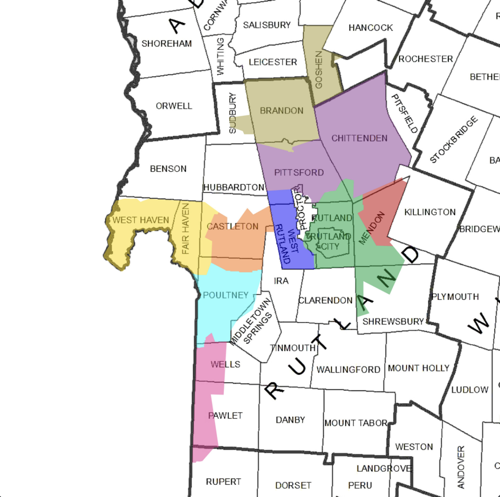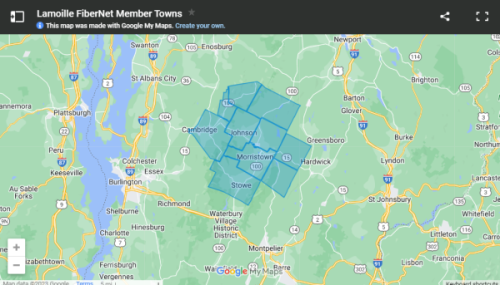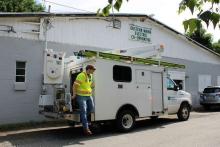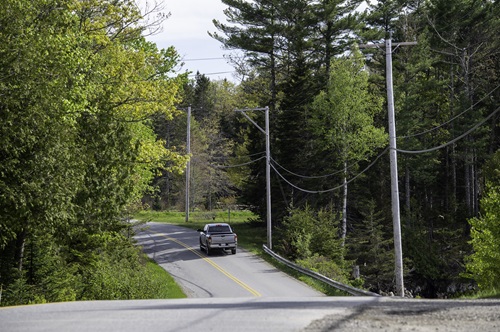Meet the Municipal Networks that Launched in 2025
By any measure, 2025 was a tough year in the grand project to extend fast, affordable, reliable broadband access to every home in the United States. The Digital Equity Act was abruptly cancelled, BEAD was restructured, small- and large-scale outages were common, and prices from the monopolies rose yet again.
But good things happened, too. In 2025, we saw seven new municipal broadband networks across the country that were lit up for service. As is usual, it was a mixture of partnerships, business models, and construction approaches to meet the unique challenges of a patchwork broadband landscape.
A Bountiful 2025 for Municipal Broadband
In California, the Gateway Cities Fiber Optic Network launched (eventually covering 23 cities); it will eventually cover 72 community anchor institutions and almost 5,000 unserved locations across member cities with the help of state grants.

















